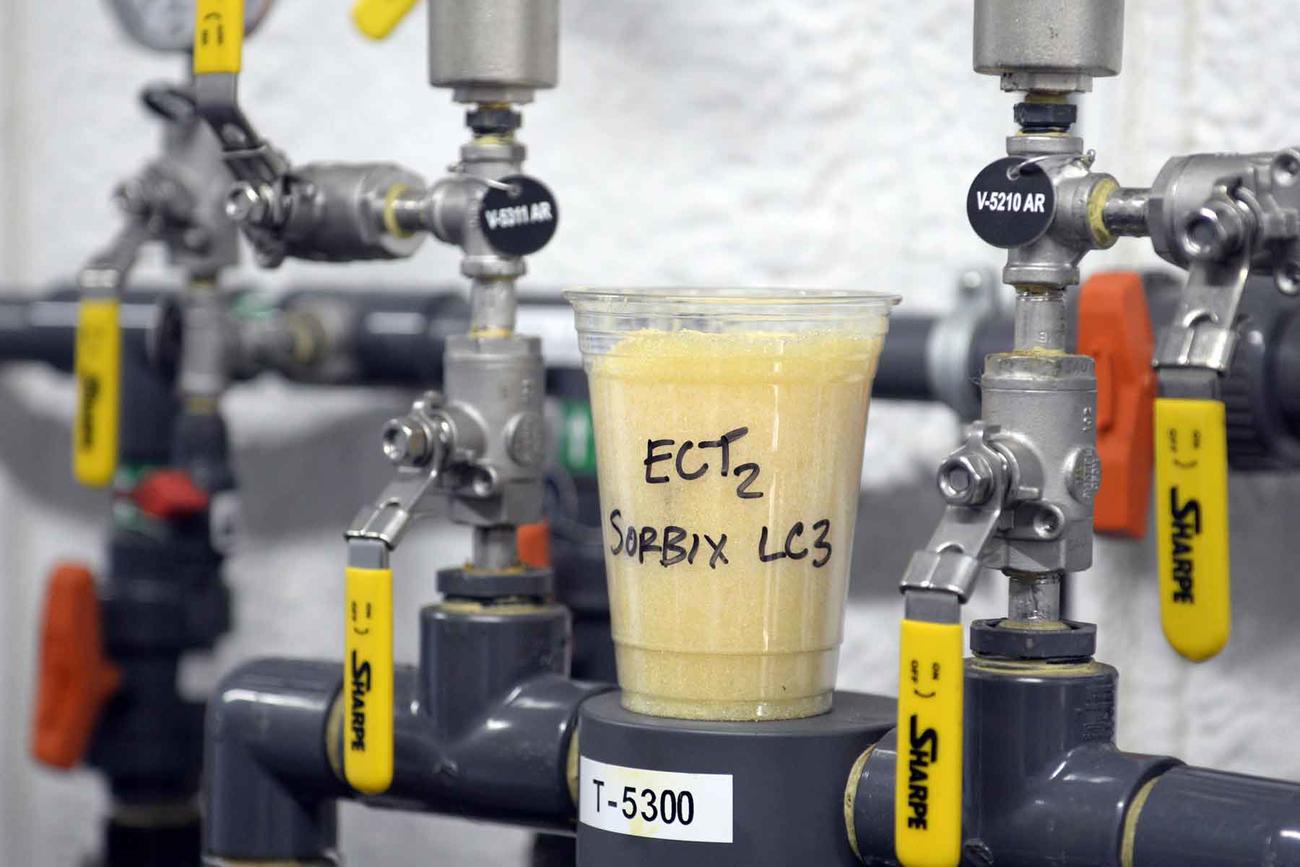
The Air Force has reached an agreement with the Environmental Protection Agency to address contaminated drinking water in Tucson, Arizona, despite recent legal attempts to shirk responsibility.
The EPA announced Tuesday that the Air Force was finally in compliance with an emergency order issued in May telling the service to clean up contaminated groundwater around Tucson International Airport. In the 1980s, a 10-square-mile area around the airport, including nearby military facilities such as Air Force Plant 44 and Morris Air National Guard Base, was designated as a Superfund site.
Trichloroethylene and 1,4-dioxane have been previously detected, as well as more recent concentrations of PFAS, or per- and polyfluoroalkyl substances known as “forever chemicals” because they do not break down easily and build up in the body. Those chemicals have also been tied to health risks such as various cancers, high cholesterol and liver damage, according to the Centers for Disease Control and Prevention.
Read Next: Stability in Soldiers’ Lives: Army Secretary Lays Out Suggestions for Her Successor
“Everyone living in the United States deserves to be able to drink safe water, without fear of contamination from PFAS and other harmful pollutants,” EPA Assistant Administrator for Enforcement and Compliance Assurance David Uhlmann said in a news release. “We welcome the efforts by the Air Force to meet its obligations to service members and the residents of Tucson.”
The Department of the Air Force issued a statement Wednesday, just one day after the EPA’s, touting the agreement the two had reached.
“We appreciate our partnership with the EPA and the Arizona Department of Environmental Quality, and we are dedicated to taking meaningful steps toward a solution,” Dr. Ravi Chaudhary, assistant secretary of the Air Force for energy, installations and environment, said in a statement. “This doesn’t happen without a commitment from two agencies to work together cooperatively.”
The Air Force’s Wednesday statement failed to acknowledge, however, its efforts this summer to buck responsibility for the EPA’s emergency order.
In a July letter responding to the EPA, which Military.com reported on, Air Force lawyers leaned on a landmark Supreme Court decision this summer — Loper Bright Enterprises v. Raimondo — that ultimately reduced the power of regulatory agencies by pushing an interpretation of vague or confusing laws to the courts, ending a practice often referred to as “Chevron deference.”
The Supreme Court’s decision in that case was widely criticized by environmental advocates, such as academics at Yale University’s School of the Environment. The Air Force referenced the ruling when fighting the EPA.
“In this respect, the Supreme Court’s recent decision … makes clear that EPA’s interpretation of these statutory terms is not entitled to deference,” lawyers for the Air Force wrote in their letter at the time. “The EPA will not have the benefit of any ‘Chevron deference’ in any such proceeding.”
But in the months following that letter, the Department of the Air Force changed course.
On Monday, the service sent the EPA a plan outlining how it planned to “collect PFAS data to determine the extent of contamination; conduct pilot studies for possible PFAS cleanup; and undertake actions where appropriate,” the EPA’s statement read. Additionally, the service will work with Tucson Water, the local utility company, to share past and future costs on remediation.
“The partnership between the DAF and the EPA underscores a commitment to environmental protection and public health, and with ongoing efforts and shared responsibility, both agencies are working to ensure lasting solutions for the Tucson community and a safer future,” the service said in its statement.
Related: Air Force Bucks EPA Order to Clean Up ‘Forever Chemicals’ in Arizona, Citing Supreme Court Ruling



















